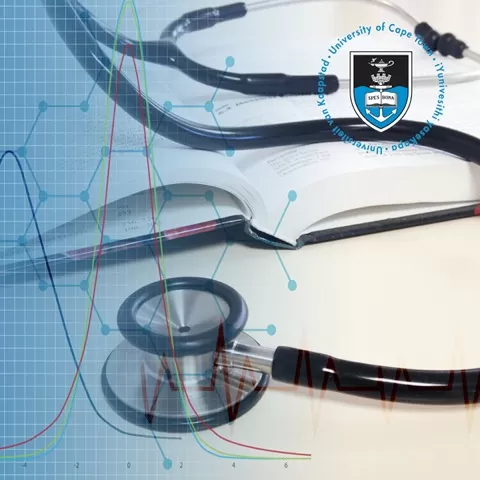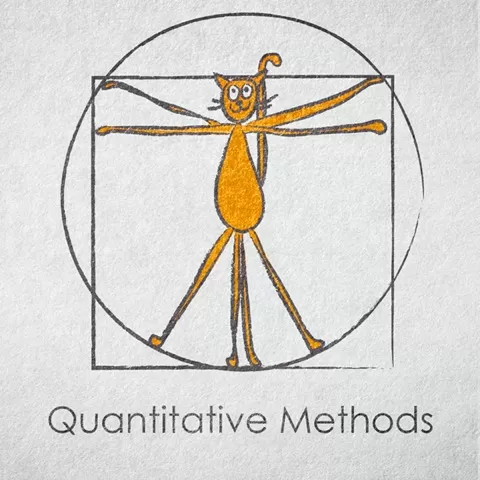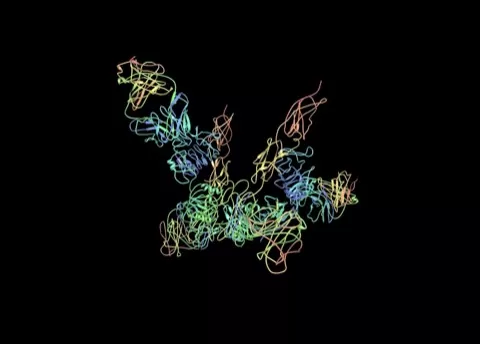Medical Neuroscience explores the functional organization and neurophysiology of the human central nervous system, while providing a neurobiological framework for understanding human behavior. In this course, you will discover the organization of the neural systems in the brain and spinal cord that mediate sensation, motivate bodily action, and integrate sensorimotor signals with memory, emotion and related faculties of cognition. The overall goal of this course is to provide the foundation for understanding the impairments of sensation, action and cognition that accompany injury, disease or dysfunction in the central nervous system. The course will build upon knowledge acquired through prior studies of cell and molecular biology, general physiology and human anatomy, as we focus primarily on the central nervous system.
This online course is designed to include all of the core concepts in neurophysiology and clinical neuroanatomy that would be presented in most first-year neuroscience courses in schools of medicine. However, there are some topics (e.g., biological psychiatry) and several learning experiences (e.g., hands-on brain dissection) that we provide in the corresponding course offered in the Duke University School of Medicine on campus that we are not attempting to reproduce in Medical Neuroscience online. Nevertheless, our aim is to faithfully present in scope and rigor a medical school caliber course experience.
This course comprises six units of content organized into 12 weeks, with an additional week for a comprehensive final exam:
– Unit 1 Neuroanatomy (weeks 1-2). This unit covers the surface anatomy of the human brain, its internal structure, and the overall organization of sensory and motor systems in the brainstem and spinal cord.
– Unit 2 Neural signaling (weeks 3-4). This unit addresses the fundamental mechanisms of neuronal excitability, signal generation and propagation, synaptic transmission, post synaptic mechanisms of signal integration, and neural plasticity.
– Unit 3 Sensory systems (weeks 5-7). Here, you will learn the overall organization and function of the sensory systems that contribute to our sense of self relative to the world around us: somatic sensory systems, proprioception, vision, audition, and balance senses.
– Unit 4 Motor systems (weeks 8-9). In this unit, we will examine the organization and function of the brain and spinal mechanisms that govern bodily movement.
– Unit 5 Brain Development (week 10). Next, we turn our attention to the neurobiological mechanisms for building the nervous system in embryonic development and in early postnatal life; we will also consider how the brain changes across the lifespan.
– Unit 6 Cognition (weeks 11-12). The course concludes with a survey of the association systems of the cerebral hemispheres, with an emphasis on cortical networks that integrate perception, memory and emotion in organizing behavior and planning for the future; we will also consider brain systems for maintaining homeostasis and regulating brain state.





